City of Vallejo Must Not Shirk Responsibility to Water Customers
By Bill Mayben
What would you do if you knew that your water bill would increase by $600 per month or more within a couple of years? Would you scramble to sell your home? Take dramatic steps to save water, like cutting down on bathing and reusing laundry water? Try to stop the increase from taking effect?
These are the hard questions facing 800 households located just outside of the City of Vallejo. These homes have received their water through the Vallejo-owned Lakes Water System (LWS) for more than a century. But thanks to a mix of short-sighted management practices and unilateral decision-making by city leaders, LWS customers have found themselves without a vote, paying skyrocketing water costs, and footing the bill for cost of operating and repairing this decrepit system.
The LWS is a large municipal water system that was built by Vallejo in the early 1900’s. The LWS includes three reservoirs in the hills above Green Valley and in Napa’s Gordon Valley. Water from these reservoirs was, until recently, transmitted by large, municipal-sized pipes over 20 miles to serve 30,000 metered connections in Vallejo and delivering water to families in Green Valley, Gordon Valley, Cordelia, Willotta Oaks and American Canyon along the way.
This system was the sole water source for all of Vallejo’s residents for approximately six decades. Without it, Vallejo would likely not exist.
Although the LWS was constructed to provide water to Vallejo, the city agreed to allow a handful of non-residents to connect to the LWS system and receive water. The cost of operating the system was shared among all LWS customers, including Vallejo residents, for almost 100 years.
However, in 1992, Vallejo unexpectedly shifted 100% of the cost of the LWS onto just 800 customers who lived outside of city limits. These families had no say in Vallejo’s decision and no recourse, even though this decision essentially passed what amounted to a public obligation onto a small group of private county homeowners.
Since that time, the remaining 800 LWS customers have paid some of the highest water bills in the state, averaging $2,100 per year for families and significantly higher for other customers.
To compound the problem, Vallejo has allowed the system —now over 100 years old – to fall into disrepair. 74% of the infrastructure is more than 30 years beyond its useful life. The cost of replacing this infrastructure is $24 million. Within 10 years, an additional $6 million in deferred improvements will be needed. Vallejo expects the 800 households outside of its city limits to pay these costs.
To make matters even worse, City leaders now hope to sell the system to a private investor-owned utility. Unlike a public entity, like the City of Vallejo, a private utility is allowed by law to earn a profit. That means that the remaining LWS customers will be expected to pay not only to operate a municipal water system, but to upgrade the same system that Vallejo ran into the ground, all while lining the pockets of private investors to boot.
The bottom line for LWS customers is that their bills are likely to skyrocket if such a sale goes through. Given the extreme disrepair of the LWS, its 800 residential customers are each likely to face annual water bills of $7,000, or more – a cost that will force many homeowners to move, and would leave all LWS customers with a dramatic loss in property value.
In response to this untenable situation, the Green Valley Landowners’ Association (GVLA) notified the City of Vallejo this week that if it does not stop its discriminatory water billing practices, LWS customers intend to sue the City.
The City of Vallejo benefited from the LWS and from the contributions of the remaining 800 LWS customers for decades. It should honor its legal, ethical and fiduciary obligations to these homeowners. City leaders know full well that in other California communities where private water utilities have taken over, the costs to individual water users have grown astronomically.
The GVLA is acting to protect the fundamental rights of all LWS customers to affordable water. Public infrastructure projects work because huge costs are shared broadly by the public at large. Vallejo is attempting to leave several hundred disenfranchised families financially responsible for decades of deferred maintenance on a system that delivered many benefits to Vallejo residents.
The LWS customers cannot sit idly by while Vallejo auctions off their future water security to the highest bidder.
Bill Mayben is president of the Green Valley Landowners’ Association.
